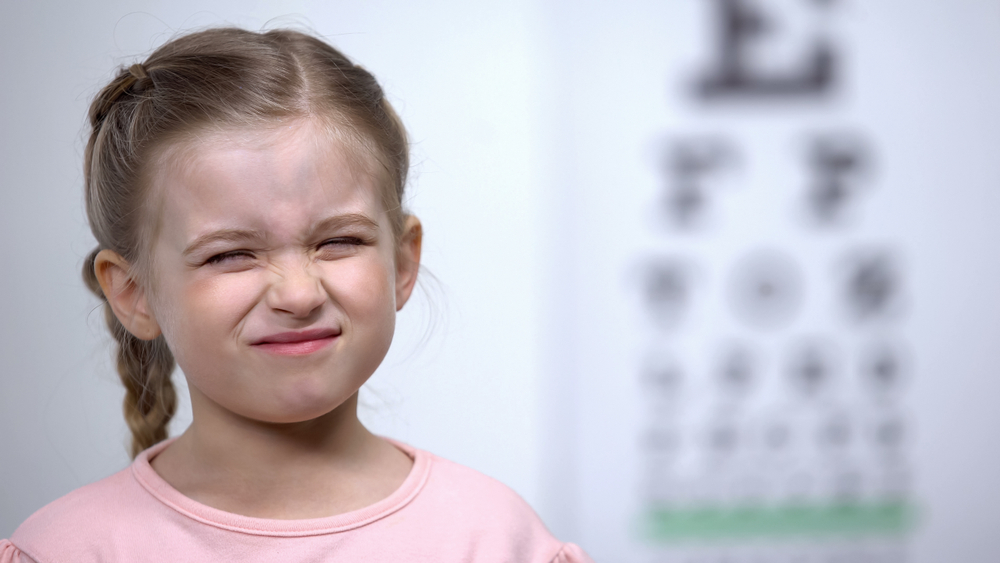Primary Health Insurance:
BlueCross BlueShield
United Health Care
Humana
Cigna
North Mississippi Acclaim
Medicare
Medicaid

Clear vision is essential for learning, especially during a child’s formative school years. When vision problems go undetected or uncorrected, they can directly affect a child’s ability to read, write, and maintain focus in the classroom. Unfortunately, many children struggle silently with vision issues, mistaking them for “normal” or going unnoticed by teachers and parents. Understanding the signs and the importance of pediatric eye care can make a life-changing difference.
Children may face a variety of vision challenges that impact learning, including:
Nearsightedness (myopia): Difficulty seeing the board or distant objects clearly.
Farsightedness (hyperopia): Trouble focusing on close-up tasks like reading and writing.
Astigmatism: Blurred or distorted vision at all distances, causing eye strain.
Amblyopia (lazy eye): Reduced vision in one eye that can affect depth perception and coordination.
These conditions can hinder a child’s ability to process information quickly and accurately.
Parents and teachers should watch for:
Frequent squinting or blinking
Holding books or devices very close to the face
Covering one eye or tilting the head while reading
Losing place while reading or using a finger to track words
Complaints of headaches, eye strain, or double vision
Difficulty focusing or paying attention during lessons
Often, these symptoms are mistaken for behavioral or attention issues when the real cause is uncorrected vision.
Reading, writing, and focus are all highly visual activities. When a child’s eyes are not working together properly or their vision is blurred, even simple classroom tasks can become a challenge. They may read more slowly, struggle to understand what they’re reading, or avoid reading altogether. Writing can also become more difficult, with children making frequent mistakes when copying from the board or completing assignments.
Vision problems can lead to eye strain and fatigue during schoolwork, which in turn reduces focus and increases frustration. As these difficulties persist, children may begin to lose confidence in their academic abilities. Over time, these challenges can negatively affect grades, decrease motivation, and diminish a child’s overall enjoyment and engagement in learning.
Early detection is key to preventing vision-related learning problems. A comprehensive pediatric eye exam goes beyond the basic vision screenings offered in schools. It evaluates visual acuity, eye health, tracking, focusing, and eye coordination to catch problems before they interfere with academic progress.
If a prescription is needed, properly fitted frames and high-quality lenses can make a world of difference. Eyewear that fits comfortably and provides clear, accurate vision allows a child to see the board, read with ease, and engage more fully in the classroom.
When children can see clearly and comfortably, they are better equipped to participate in lessons, complete homework without strain, and stay focused for longer periods. Correcting vision issues can boost self-confidence and help children reach their full academic potential.
Vision plays a critical role in every aspect of learning. Uncorrected vision problems can cause children to fall behind academically, but the good news is that most issues are treatable when caught early. Regular, comprehensive pediatric eye exams ensure children have the clear, comfortable vision they need to succeed.
Schedule your child’s comprehensive eye exam at Primary Eye Care to ensure clear vision they succeed in the classroom and beyond. Visit our office in Tupelo, Mississippi, or call (662) 200-9842 to book an appointment today.